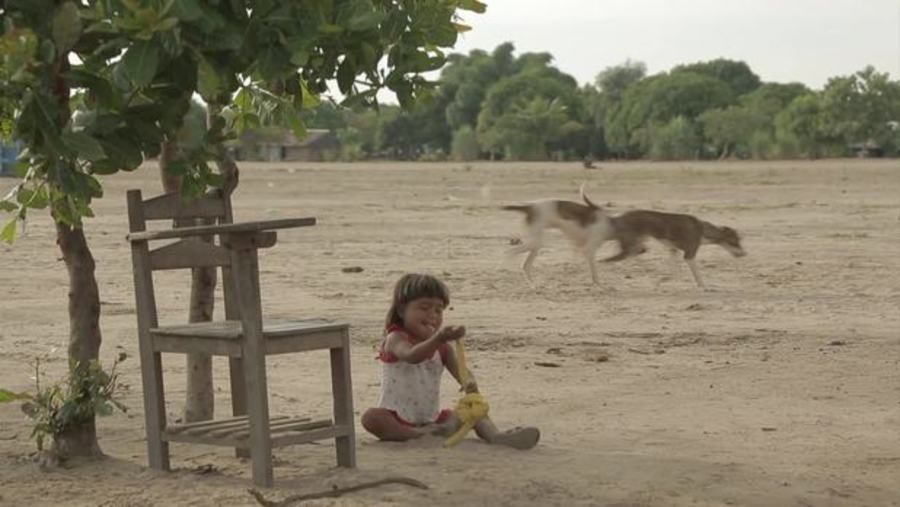The Habitable Planet: A Systems Approach to Environmental Science Series
The Earth is probably unique in our solar system—a rare platform for complex life forms. The conditions present on Earth are maintained within a reasonable range by a series of global cycles linking geological systems with diverse forms of life present in almost every available niche. This course asks: What makes Earth unique among planets? How are life forms, namely human beings, sustained by the Earth's overall ecosystem, and, in turn, what effects do humans have on its natural systems? What does Earth's future look like? Given current trends, what can be predicted and what might be expected if we acted in concert to mitigate our impacts on the planet itself? This series begins with an overview of the Earth's systems — geophysical, atmospheric, oceanic, and ecosystems — as they exist independently of human influence. Following this introduction, the series explores the effect that human activities have on the different natural systems. Topics include human population growth and resource use, increasing competition for fresh water, and climate change. Each of the 13 programs features two case studies following top scientists in the field. (28 minutes each)











